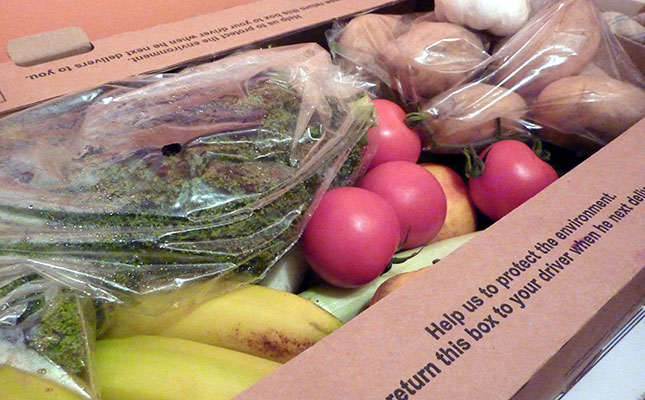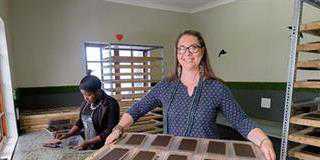
Photo: Flickr
Farmers can expect a significant increase in the demand for online retail sales of food directly to end customers due to consumer behavioural changes that occurred during the current lockdowns in countries around the world to contain the coronavirus disease (COVID-19) global pandemic.
This was according to Dr Sifiso Ntombela, head of the trade research unit at the National Agricultural Marketing Council (NAMC).
READ Wave of crime hits agriculture industry during lockdown
He said there was a growing trend of consumers preferring locally produced products that were fresh and healthy directly from the farm such as fruit, vegetables and eggs, or from local processors including meat, fruit juice and other processed food products.
“This behaviour is driven by consumers preferring to order food from the comfort of their homes rather than going to supermarkets, which could expose them to health risks. Moreover, it supports local economic development and the creation of new jobs in food delivery logistics.”
Ntombela said a short-term impact would be reduced physical footfall for supermarkets, a trend that had already been experienced by fast food outlets. However, food retailers and supermarket chains would be able to regain their market share by adapting to online trading.
READ Aquaponics: get it right, or grow veggies on their own!
The downside of this, however, would be job losses in the supermarket industry, as demand for in-store packers and cashiers would decline, he said.
Buying directly from farmers would actually reduce food prices because of the shorter supply chain. This would result in food becoming more affordable for consumers, while producers would also receive better prices, said Ntombela.
To meet this demand, TAU SA recently launched the Plaasvars e-Market online platform where farmers can offer any agricultural products for sale directly to end-use customers.
In a statement, Louis Meintjes, president of TAU SA said: “We have seen the need for a platform where farmers can get in contact with consumers directly. In this way, they can continue to make a living during challenging times”.
READ Reports of food price gouging during lockdown on the rise
Bennie van Zyl, general manager of TAU SA, said in the statement that there were many hurdles in food production and food distribution. Therefore, the aim of this platform was to distribute food at the best price for both farmers and consumers.
“It is a growing platform, [but] we are still sorting out transport and delivery logistics to make it convenient for consumers. At present, deliveries depend on where the consumer is based and where the farmer is based.”
He explained that this online platform had not been created to replace supermarkets, but was an additional sales channel during the lockdown period and moving forward.











